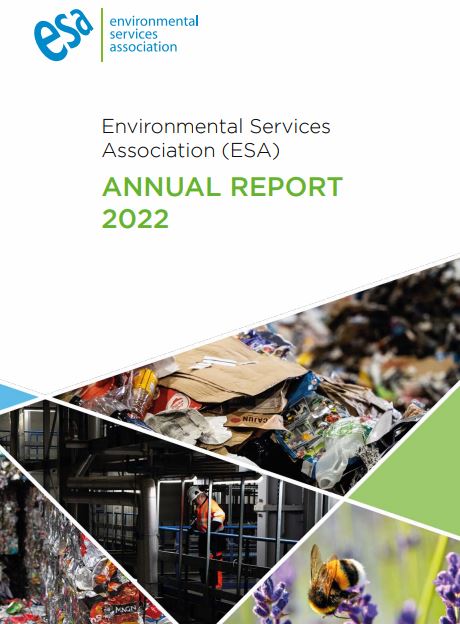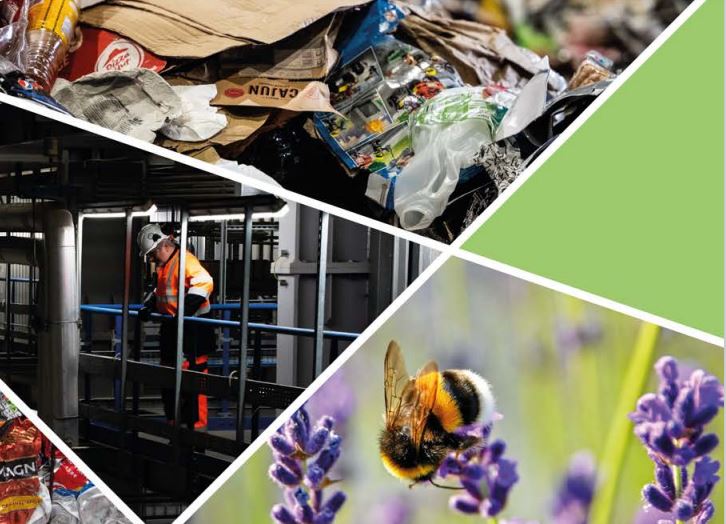In a foreword to the ESA’s 2022 annual report, published yesterday (22 February), Mr Graveson noted that the reforms in the resources and waste strategy, which were first announced five years ago, are “critical to shaping the country’s circular economy for the next decade and beyond”.

He stressed that the ESA and many other organisations operating across the circular economy “remain committed” to the reforms, and are working closely with Defra and other stakeholders to ensure they “deliver on their ambitions without any unintended consequences”.
Urgency
However, Mr Graveson, who is executive vice president for Northern Europe at Veolia, said he wants to see more urgency this year.
He said: “2023 must now be the year that these complex policy instruments come together in their final form so that we can help deliver their implementation. We believe the RWS will drive major investment in new infrastructure whilst improving recycling performance and contributing towards the UK’s climate change targets and obligations. It, therefore, offers multiple positive outcomes, with minimal impact on the consumer if executed efficiently.”
He added that the ESA and its members remain committed to decarbonisation, with Graveson noting that they are on a journey towards net-zero emissions. The annual report presented the ESA’s first steps towards consolidated carbon reporting among the its membership.
ESA members will invest extensively in UK infrastructure over the next decade
- Gavin Graveson
Enforcement
Later in the foreword, Mr Graveson also spoke about enforcement at the Environment Agency, and highlighted a “lack of resources” for the regulator.
The ESA chairman explained that ESA members will invest “extensively in UK infrastructure over the next decade”, but warned that this must be “protected and supported by a robust, well-resourced, regulatory regime”.

Mr Graveson explained that a new chairman and chief executive will arrive at the Environment Agency in 2023 and it is “essential that they address the performance failures in its core functions”.
He concluded: “The ESA and its members remain supportive, and we would like to work with the agency to find pragmatic solutions to these problems, while also supporting the Joint Unit for Waste Crime (JUWC) wherever possible. However, the time for improvement is now, and the promise of being effective in eliminating waste crime from the sector must become a reality.”
Survey
Elsewhere in the report, the ESA also highlighted the work it had undertook in the last calendar year.
This included the ESA’s health and safety survey, this found that 95% of respondents would be happy to raise safety concerns, while 87% said training in the industry is sufficient for work to be undertaken safely.
On the lower end, 72% said mental health is promoted in the waste industry as well as physical health and 74% said welfare facilities such as toilets and canteens were clean.









Subscribe for free